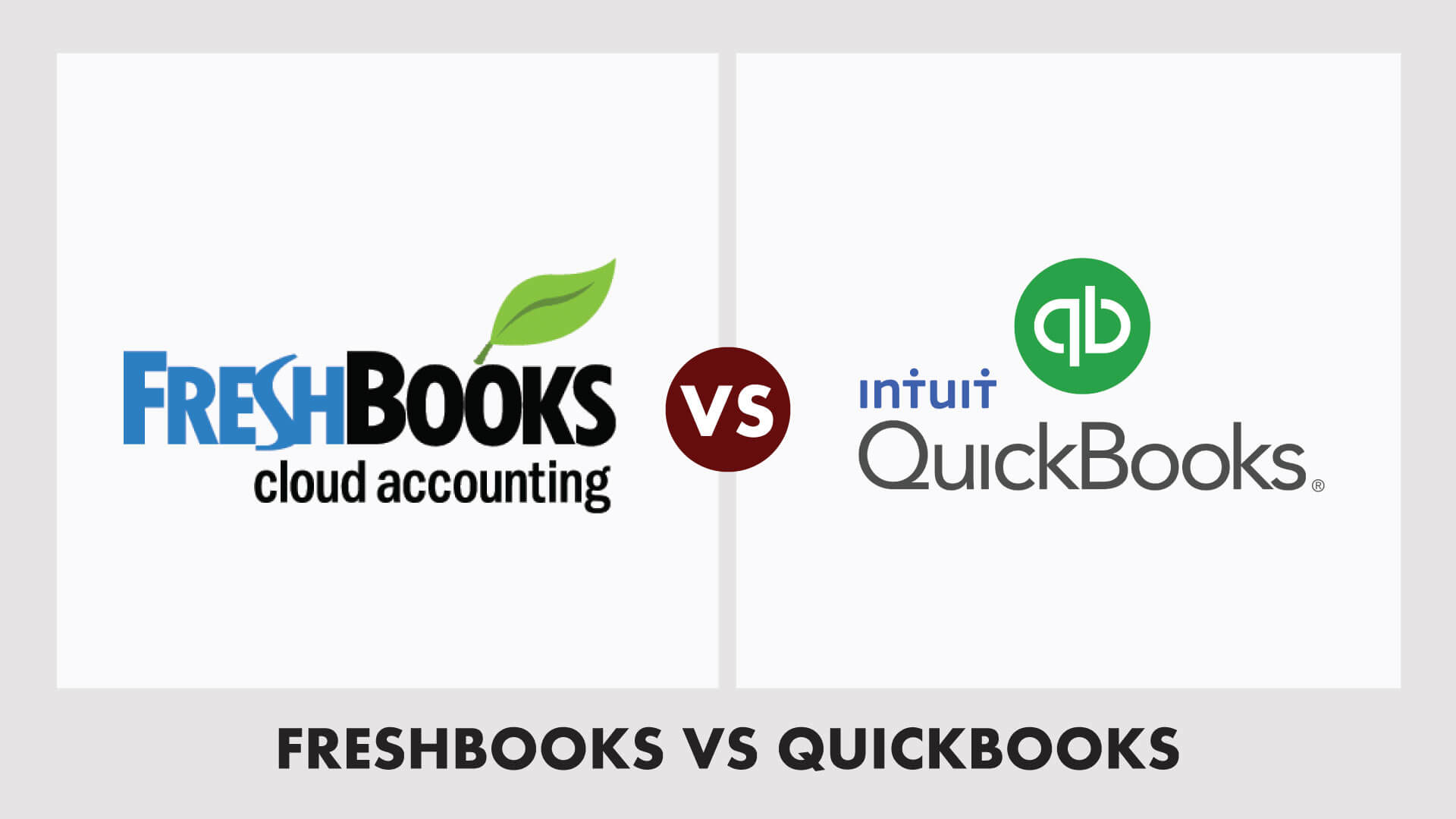Against the backdrop of the pandemic, it became necessary for in-person training to be alternated with other modes of training and education. This gave a massive push to the e-learning industry, which has witnessed record growth in the recent past- and promises a bright future still.
LMS is a SaaS product that caters to the e-learning industry in many ways- from course creation, selling the course, and managing enrollments, to almost everything that helps in online course delivery. The scope of LMS solutions is not limited to schooling but holds much relevance in the business world.
Not only that, in the post-pandemic era, its role has intensified to the extent that, among other factors, business growth is dependent on the sound adoption and implementation of a Learning Management System (LMS).
Here are some ways an LMS service can help propel your business toward exponential growth.
Foster Productivity
An engaged and productive workforce is the greatest asset to an organization. Not only do unproductive and disengaged employees bring in lower revenues, but the company culture is also compromised.
An LMS service helps improve employee engagement by providing flexible and customized training opportunities. Flexibility in terms of location, time, and accessibility contributes to learner engagement, which encourages more productivity and growth.
Additionally, training through LMS is not a one-time thing. An LMS service provides continued training- helping employees practically apply the training to their day-to-day tasks. Not only does this boost employee morale, but it enables the business to grow. Thus, it calls for mutual gain for both the employer and the employees.
Microlearning, a useful aspect of LMS, helps employees with just-in-time training. This enables them to navigate complex problem-solving when faced with a difficult customer through easy resource access. Learning and development is a proven strategy for employee retention, which translates into reduced employee turnover for businesses. When a business invests in its employees, they reap the benefits in the form of higher productivity and revenues.
Improved Adaptability
The ability to align oneself with changing trends and adapt to dynamism is the most coveted skill in the 21st century. Businesses that fail to adapt face a severe blow at the hands of their competitors. A report by Dell technologies notes that “the ability to gain knowledge will be more valuable than the knowledge itself.”
For businesses to grow, the need to keep up with the latest developments and to impart the same to their employees through training is unnegotiable. One way to do this is through an LMS service that caters to adaptive learning. By imparting instructions in a way that is intuitive, practical, and, most importantly, interactive-Businesses stand to benefit from the trickling down of significant research and developments when they are equipped with industry knowledge and expertise. Adaptability is undoubtedly the key to building sustainable businesses and bolstering growth.
Time-Saving
An efficient LMS solution helps businesses save time by automating the workflow.
By automating activities, on the one hand, businesses save time on routine tasks which can be easily deployed to machines. On the other hand, people within the organization have more time to invest in activities of value addition – in other words, activities that heavily rely on human intervention, such as critical thinking, personalization, and creativity.
Speaking of LMS, several groups of learners can be trained at a given point in time without requiring additional human capital. Once the course content is delivered, routine and mundane tasks such as assessing employees by retrieving test results are made possible through course algorithms.
Standardized testing with consistent results is another plus, given that there is no room for human error. Thus, with LMS, businesses can benefit from greater efficiency even with minimal resources.
Cost-Efficient
The cost incurred per learner is higher using traditional modes of imparting education and training. An LMS service helps you save on ancillary costs such as printing handouts and the fees paid to the educators and instructors for delivering lessons and assessments.
The set-up costs associated with implementing an LMS during the early stages are inevitable, but a cost-benefit analysis would help the business streamline processes and achieve cost-minimization over the long term.
Not only do businesses save on administration and training costs, but employees also save on time and energy, which helps them perform better at work.
Facilitates Learner Engagement
LMS facilitates employee engagement by offering solutions that are case specific to businesses. By incorporating tools for grabbing the employee’s attention, not only are they likely to remember and implement course content better, but they are also interested and look forward to it.
The course content is supplemented with relevant assessment materials in the form of quizzes and practical questions for value addition. The use of gamification and community learning features creates an engaged learner ecosystem.
There is a constant effort to improve the UI/UX to make the LMS solutions appealing for better acceptance by employees. Engaged employees are motivated to implement training in real-life business scenarios compared to in-person training, which is often tedious and mundane. Engaged employees nurture healthy customer relations, foster good company culture, and impact company revenues positively.
Data Security
Data security is paramount as businesses operate in a digital world. Data theft makes a business suffer in several ways. When a business’s intellectual property is pirated, and data is compromised, it leads to revenue losses and increases replacement costs. Moreover, customers are unlikely to trust businesses that do not have a robust security system in place to safeguard their personal information.
Therefore, customer trust also suffers. The security features of an LMS keep the above in check by using cutting-edge authentication, IP blockers, and data encryption, among others, to keep business data safe through the adoption of safety protocols.
Conclusion: Grow Your Business with Hurix LMS
LMS providers offer customized LMS that effectively caters to the case-specific needs of an organization.
Hurix LMS provides a comprehensive service that supports your organization throughout LMS adoption, implementation, and maintenance. Get more information about the service offerings here.




